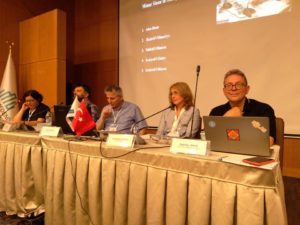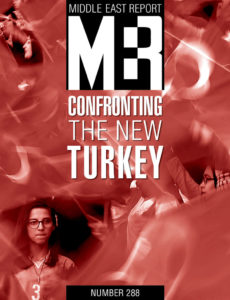Professor of Middle East History Nabil Al-Tikriti spoke about his prior experiences in Iraq with a student group at the American University in Iraq – Baghdad (AUI-B). This talk was remote on May 12 and took place as part of the AUI-B regular speakers’ series. Al-Tikriti wishes to thank AUI-B for the invitation, and the opportunity to meet with today’s Iraqi students.
In the course of his presentation, Al-Tikriti spoke about all of his direct interactions with Iraq, between 1976 and 2017, especially concentrating on his May 2004 visit to Iraq, which proved instrumental in publicizing the effects of the Anglo-American invasion on Iraqi manuscript collections and archives. That visit was later featured in his 2007 article in Library Trends, entitled “‘Stuff Happens’: A Brief Overview of the 2003 Destruction of Iraqi Manuscript Collections, Archives, and Libraries.”


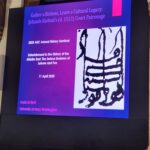
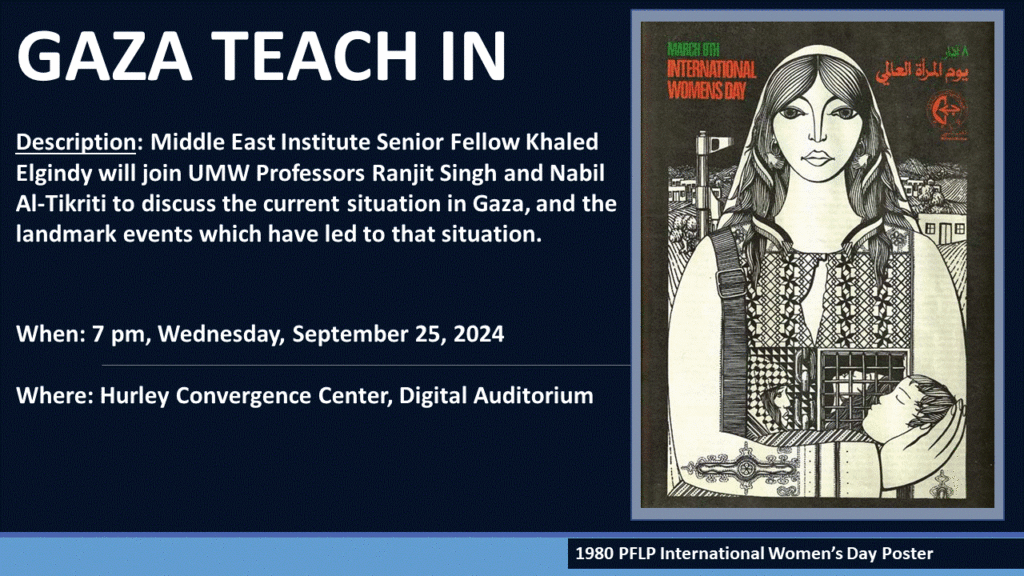 At 7 pm on Wednesday, September 25, Middle East Institute Senior Fellow Khaled Elgindy will join UMW Professors Ranjit Singh and Nabil Al-Tikriti to discuss the current situation in Gaza, and the factors which have led to that situation. The event will take place in the Hurley Convergence Center’s Digital Auditorium.
At 7 pm on Wednesday, September 25, Middle East Institute Senior Fellow Khaled Elgindy will join UMW Professors Ranjit Singh and Nabil Al-Tikriti to discuss the current situation in Gaza, and the factors which have led to that situation. The event will take place in the Hurley Convergence Center’s Digital Auditorium.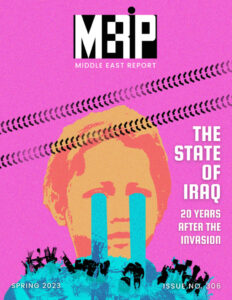 In April 2023,
In April 2023, 